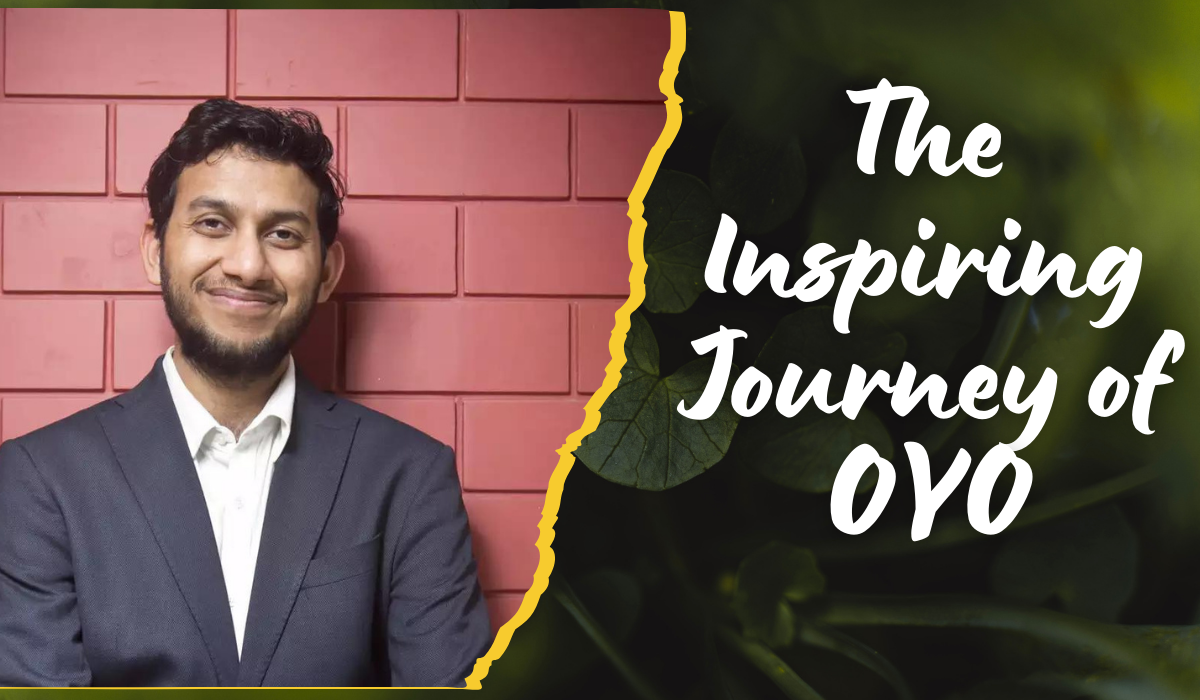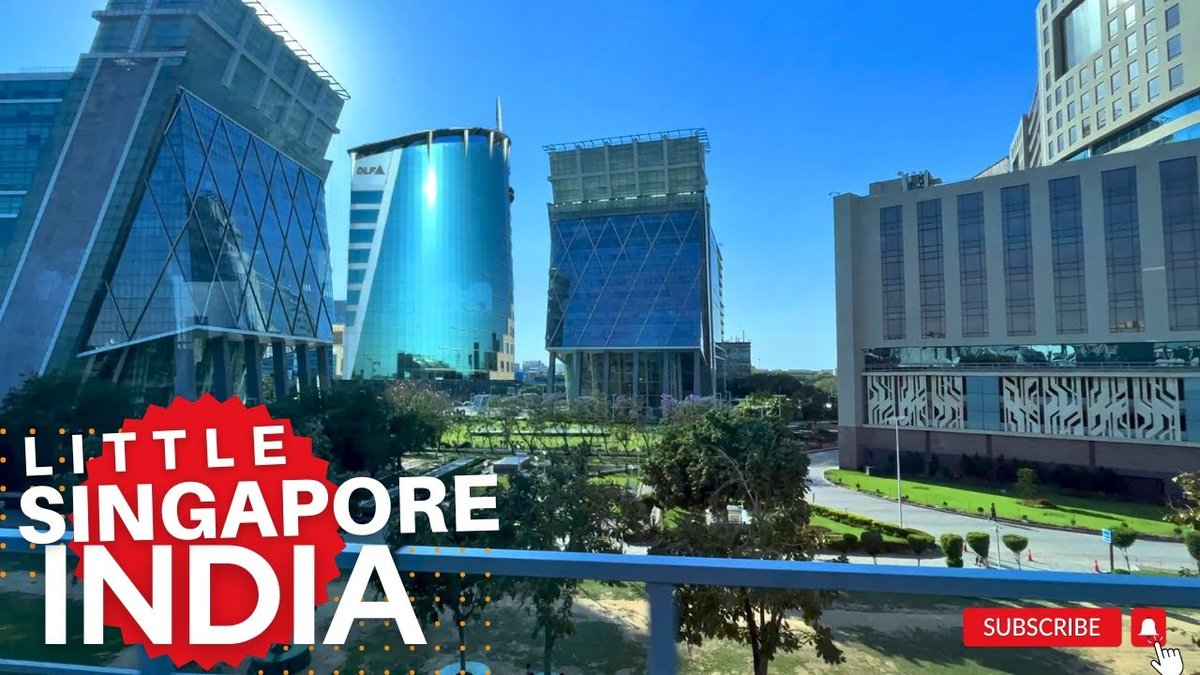In the world of business, success stories often serve as a beacon of inspiration for aspiring entrepreneurs. One such story is that of Balwant Rai Parekh, a humble man who rose from poverty to build Pidilite Industries, a company that has become synonymous with adhesives in India. With a market valuation of Rs. 128,000 crores and a personal net worth of Rs. 90,000 crores, Parekh’s journey is a testament to the power of innovation, customer-centricity, and strategic thinking. In this case study, we will delve into the key aspects of Pidilite Industries‘ success and the valuable lessons that entrepreneurs can learn from Parekh’s remarkable journey.
Finding the Right Product:
Parekh’s entrepreneurial journey began in a wooden warehouse, where he witnessed firsthand the challenges faced by carpenters in their daily work. The traditional adhesive used in the furniture industry was made from animal fat, which was not only cumbersome to prepare but also had an unpleasant odor. Recognizing this problem, Parekh set out to create a solution that would revolutionize the industry.
Lesson 1: Identify and solve real-world problems
Parekh’s success stemmed from his ability to identify a pressing need in the market and develop a product that addressed it effectively. By focusing on the challenges faced by his target customers, he was able to create a product that was not only more convenient to use but also superior in terms of performance.
Product Innovation and Distribution Strategy:
In 1959, Parekh founded Parekh Diacam, which later became Pidilite Industries. The company’s first product was Fevicol, an adhesive that was ready to use, odorless, and significantly stronger than traditional animal fat-based adhesives. However, Parekh realized that simply having a great product was not enough; he needed to get it into the hands of the right people.
Instead of relying on the conventional distribution model of wholesalers and retailers, Parekh decided to take a different approach. He focused on directly reaching out to the carpenters, the end-users of his product. By selling Fevicol directly to the carpenters, Parekh was able to bypass the middlemen, ensure better margins, and build a loyal customer base.
Lesson 2: Understand your true customers and influencers
Parekh’s distribution strategy highlights the importance of identifying the key decision-makers and influencers in your target market. By focusing on the carpenters, who held the power to choose which adhesive to use, Parekh was able to gain a significant market share and establish Fevicol as the go-to brand in the industry.
Marketing and Customer Engagement:
Pidilite Industries’ marketing strategy was a game-changer in the adhesive industry. Parekh understood that to build a strong brand, he needed to engage with his customers on a deeper level. He launched the Fevicol Champions Club (FCC), an initiative that brought together carpenters from across the country.
Unlock Your Dream Home Today!
Get personalized real estate insights delivered straight to your inbox.
The FCC served multiple purposes:
- Training and skill development: Carpenters were trained on new tools, designs, and techniques, empowering them to deliver better results to their customers.
- Product launches and feedback: The FCC gatherings were used as a platform to launch new products and gather valuable feedback from the carpenters, allowing Pidilite to continuously improve its offerings.
- Market insights: Through these interactions, Pidilite gained valuable insights into market trends, customer preferences, and emerging needs, enabling them to stay ahead of the competition.
Lesson 3: Invest in customer relationships and continuous learning
Parekh’s approach to customer engagement demonstrates the importance of building strong relationships with your target audience. By investing in their growth and success, Pidilite not only gained loyal customers but also valuable insights that fueled their innovation pipeline.
Expansion and Inorganic Growth:
As Pidilite Industries grew, Parekh realized that organic growth alone would not be sufficient to achieve his ambitious goals. He embarked on a strategic expansion plan that involved acquiring complementary brands and businesses.
Some notable acquisitions include:
- MCL (Mahindra and Mahindra): This acquisition gave Pidilite a strong foothold in the ceiling market.
- Roff: A brand specializing in tile and marble adhesives.
- Steelgrip: A leading player in the steel bonding segment.
Through these acquisitions, Pidilite was able to diversify its product portfolio, reduce its dependency on Fevicol, and establish a presence in multiple market segments. Moreover, by acquiring potential competitors, Parekh ensured that Pidilite maintained its dominant position in the adhesive industry.
Lesson 4: Embrace inorganic growth to expand your market presence
Parekh’s approach to expansion highlights the importance of strategic acquisitions in driving growth and maintaining market leadership. By carefully selecting brands and businesses that complemented Pidilite’s core strengths, Parekh was able to create a comprehensive ecosystem of adhesive solutions.
Packaging Innovation and Market Penetration:
Pidilite’s success can also be attributed to its innovative approach to packaging and market penetration. Recognizing that Fevicol’s primary consumers were carpenters who purchased the product in large quantities, Parekh introduced smaller, more affordable packaging options to cater to the needs of household consumers.
Products like Fevistick and Feviquick were launched in small, easy-to-use packs, making them accessible to a wider audience. This strategy not only helped Pidilite tap into the B2C market but also ensured that the brand was present in every corner of the country, from stationery shops to general stores.
Lesson 5: Innovate in packaging to reach new customer segments
Parekh’s packaging innovation demonstrates the importance of adapting your product to meet the needs of different customer segments. By offering a range of packaging options at various price points, Pidilite was able to expand its market reach and capture a larger share of the adhesive market.
Marketing Brilliance and Brand Building:
Pidilite’s marketing campaigns are a testament to the company’s deep understanding of its target audience. Instead of relying on celebrity endorsements, Pidilite’s advertisements featured relatable, everyday characters in real-life situations. The ads often incorporated humor and emotion, creating a strong connection with the viewers.
The iconic Fevicol logo, featuring two elephants pulling a wooden board in opposite directions, has become a symbol of strength and reliability. The tagline “Fevicol ka jod hai, tootega nahi” (It’s a Fevicol bond, it won’t break) has become a part of popular culture, further cementing the brand’s position in the minds of consumers.
Lesson 6: Create relatable and memorable marketing campaigns
Parekh’s approach to marketing highlights the importance of creating campaigns that resonate with your target audience. By using relatable characters, real-life situations, and memorable taglines, Pidilite was able to build a strong emotional connection with its customers, making Fevicol a household name.
Supply Chain Management and Global Expansion:
As Pidilite Industries grew, Parekh realized the importance of maintaining control over the company’s supply chain. To ensure consistent quality and reliability, Pidilite acquired several of its suppliers, integrating them into its operations. This backward integration strategy allowed Pidilite to streamline its production processes and maintain a competitive edge in the market.
With a strong domestic presence, Pidilite began to expand globally, setting up manufacturing plants and subsidiaries in countries like the United States and Singapore. Today, the company exports its products to over 70 countries, with a portfolio of more than 500 products.
Lesson 7: Control your supply chain and explore global opportunities
Parekh’s approach to supply chain management and global expansion underscores the importance of maintaining control over your operations and exploring new markets. By integrating its suppliers and establishing a global presence, Pidilite was able to achieve economies of scale, reduce costs, and tap into new growth opportunities.
Conclusion:
The success story of Balwant Rai Parekh and Pidilite Industries is a testament to the power of innovation, customer-centricity, and strategic thinking. From humble beginnings in a wooden warehouse to becoming a multi-billion-dollar adhesive empire, Parekh’s journey offers invaluable lessons for entrepreneurs and business leaders alike.
By identifying real-world problems, focusing on customer needs, embracing inorganic growth, innovating in packaging, creating memorable marketing campaigns, and controlling the supply chain, Parekh built a brand that has become synonymous with trust, reliability, and strength.
As aspiring entrepreneurs and business leaders, we can draw inspiration from Parekh’s remarkable journey and apply these lessons to our own ventures. By keeping the customer at the heart of our strategies, continuously innovating, and adapting to changing market dynamics, we too can build enduring brands that stand the test of time.
In a world where competition is fierce and customer expectations are constantly evolving, Pidilite Industries’ success story serves as a reminder that with the right mindset, strategies, and a relentless focus on delivering value, even the most ambitious dreams can become a reality.
Balwant Rai Parekh was inspired by the challenges faced by carpenters in their daily work, particularly with traditional adhesives that were cumbersome and had an unpleasant odor. He aimed to create a more convenient and effective solution.
The first product launched by Pidilite Industries was Fevicol, an adhesive that was ready to use, odorless, and significantly stronger than traditional animal fat-based adhesives.
Instead of relying on wholesalers and retailers, Parekh focused on selling directly to carpenters, the end-users of Fevicol, which allowed him to bypass middlemen and build a loyal customer base.
The Fevicol Champions Club (FCC) is an initiative that brings together carpenters for training, skill development, product launches, and feedback, helping Pidilite to engage with customers and gain valuable market insights.
Pidilite pursued acquisitions to diversify its product portfolio, reduce dependency on Fevicol, and establish a presence in multiple market segments, enhancing its market leadership.
Pidilite introduced smaller, affordable packaging options for products like Fevistick and Feviquick, making them accessible to household consumers and expanding its market reach.
Pidilite's marketing strategies included relatable advertisements featuring everyday characters and humorous situations, which created a strong emotional connection with consumers.
Parekh maintained control over the supply chain by acquiring several suppliers, which allowed for streamlined production processes and ensured consistent quality and reliability.
Entrepreneurs can learn the importance of identifying real-world problems, understanding customer needs, embracing inorganic growth, innovating packaging, creating relatable marketing campaigns, and controlling supply chains.
As of now, Pidilite Industries has a market valuation of Rs. 128,000 crores, and Balwant Rai Parekh's personal net worth is approximately Rs. 90,000 crores.
DISCLAIMER
The information provided on this website is for general informational purposes only. While we strive to keep the content up-to-date and accurate, we make no representations or warranties of any kind, express or implied, about the completeness, accuracy, reliability, suitability, or availability of the information, products, services, or related graphics contained on this website.
In no event will we be liable for any loss or damage including without limitation, indirect or consequential loss or damage, or any loss or damage whatsoever arising from loss of data or profits arising out of, or in connection with, the use of this website.
Real Estate Investment Risks
Real estate investments involve significant risks and market volatility. Property values, rental rates, and market conditions can fluctuate. Past performance is not indicative of future results.
Before Making Real Estate Decisions
Before making any real estate decision, we strongly advise you to:
- Conduct thorough due diligence
- Consult with qualified legal, financial, and real estate professionals
- Carefully review all relevant documents and contracts
- Consider your personal financial situation and investment goals
This website does not provide legal, financial, or investment advice. All content is for informational purposes only and should not be construed as professional advice or recommendations.
By using this website, you acknowledge and agree to these terms. We reserve the right to modify this disclaimer at any time without notice.







